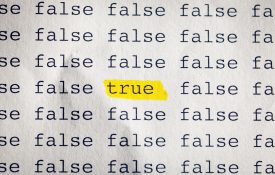
Psychological scientists have long known that psychological and social factors can affect our responses to viral infections and vaccinations, but that critical connection seems to have eluded many of the public health officials and others charged with leading the global response to the COVID-19 pandemic in its early days.
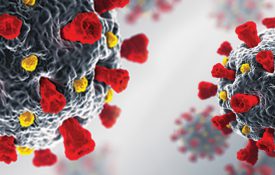
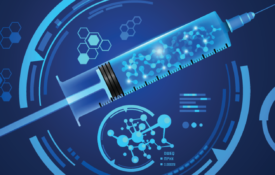
Overcoming anti-science beliefs will require proactive public-awareness and issue-management campaigns.

Nearly 2 years into the COVID-19 pandemic, an emerging body of literature is revealing the pandemic’s mental health impact on children, adolescents, and adults, including those who had previously been diagnosed with a mental illness.

Research on vaccination behavior shows that the most effective interventions focus directly on shaping patients’ and parents’ behavior instead of trying to change their minds.

It is critical that the entire I/DD population gains access to priority vaccines, writes developmental psychologist Emily Hotez.
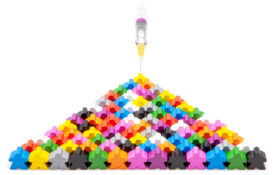
What does psychological science have to say about conspiracy theories, especially during the COVID-19 pandemic? [May 27, 2020]

It's World Immunization Week. The new issue of Psychological Science in the Public Interest details the behavioral strategies that scientists have tested to increase vaccination rates across the globe.
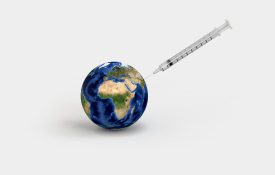
The World Health Organization has turned to recent report in Psychological Science in the Public Interest to help assess vaccination practices across the globe.
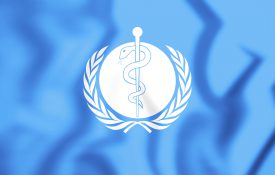
A study examining the cost-effectiveness of nudges and typical policy interventions shows that nudges often yield high returns at a low cost.

Childhood vaccines do not cause autism. Global warming is confirmed by science. And yet, many people believe claims to the contrary. Why does misinformation stick?
